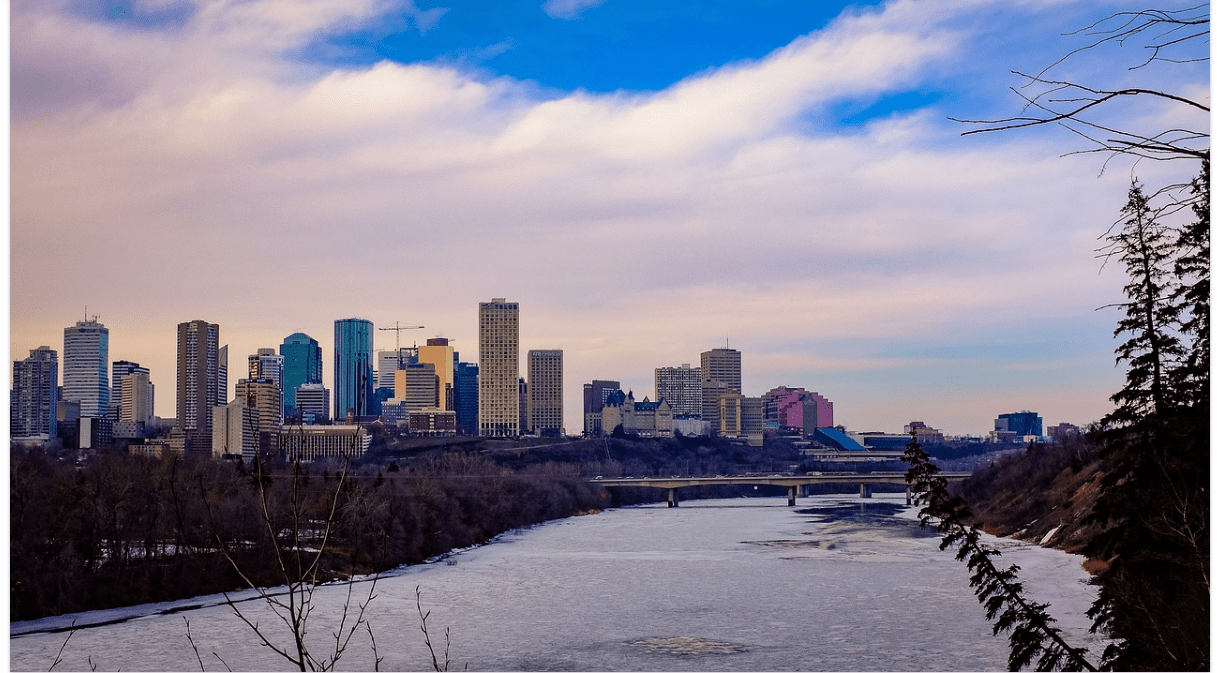Colorado Avalanche
Looking Back: Did the NHL Bubble Help the Avalanche?

When we first heard the details of the bubble environment that the NHL would be setting up in Edmonton for the Western Conference playoffs in 2020, conditions sounded less than ideal. The requirements for players were exhausting just to read, and the mental strain of entering this kind of closed environment for weeks or months on end — while expected to compete at a world-class level — seemed a lot to ask.
Sure enough, once the bubble playoffs were underway things felt a little bit off. Games were somewhat awkward to watch on TV, and we continued to hear about the difficulties of the conditions, and there seemed to be a few too many injuries (certainly on the Avalanche, at least).
Nevertheless, they pulled it off, and the playoffs were completed, at time even in extraordinary fashion. And now, several months on from this bizarre, one-of-a-kind tournament and well into the 2021 season, it’s worth asking: Did that bubble experience help Colorado?
We can’t answer that question with certainty, but there are a few ways in which the bubble experience may pay off in 2021 and over the long term. First and foremost, the playoff bubble forced all teams to focus exclusively on hockey in a way they might not always have. This is something former Av Ian Cole alluded to in the midst of an ask-me-anything interview when a fan asked if the bubble had driven him crazy at any point. “Not really,” was Cole’s response, on the grounds that in the bubble, he and the team had to be “so focused” on playing and winning hockey games.
Now, we’re not suggesting this wouldn’t ordinarily be the case; these are professional athletes. Nevertheless, Cole’s indication of a total focus on the game speaks to something that probably goes a little beyond what’s usual. The team simply didn’t have the distractions of ordinary life, and the chance to spend weeks in isolation focusing only on their craft likely helped them to develop in some respects into the team we’re seeing in 2021.
It’s also conceivable, if not likely, that team bonding in the bubble exceeded what a professional team usually experiences. We recall Tyson Jost offering a bit of a breakdown of some of the recreations on hand for players, and frankly, it was all reminiscent of the things we tend to associate with athletes in their spare time finding ways to bond over competition.
Jost mentioned a poker table as one of the forms of recreation provided, and this is known to be a favorite activity among athletes. Indeed, there are some poker-playing athletes who take it quite seriously and reach a near-professional level. We see footage of them in Vegas and hear about them taking major pots at charity events. But rest assured, even beneath this elite tier, athletes are known for enjoying card games together in hotels and on the road. Somewhat similar, Jost also referred to a ping-pong table that was on hand, and this too seems to be the kind of activity athletes of all ages and skill levels are drawn to. It’s just a fun-filled way to funnel that innate competitive spirit into social activity.
We don’t know how much poker or ping-pong the team wound up playing, of course, but the presence of these options almost calls to mind a kind of college dorm environment (again without real-world distraction). That’s unusual for a pro team to experience, and one has to imagine it fostered some terrific bonding experiences.
And then, of course, there was the play on the ice to consider, which was equal parts disappointing and encouraging. On the one hand, the team took care of business in relatively dominant fashion against the Coyotes in round one, and flexed some young talent in the process. It was about everything fans wanted to see in such uncertain circumstances. Things fell apart against Dallas in round two, of course, but all this time later it seems particularly notable that this was largely due to injuries. That’s not to give the team a full excuse, but when Matt Calvert, Erik Johnson, Joonas Donskoi, both goalies and a few role players all miss time in a single series, a lackluster performance or two is understandable.
Why does that matter? Only the team could answer that with certainty, but it’s fair to assume that a loss due to these circumstances lights a fire in a certain way. The 2021 Avalanche had to feel as if they were capable of a deeper run in the bubble and ran into bad luck. This should be motivating, whereas losing purely due to poor performance can be somewhat deflating.
So, is all of this to say that the bubble provided a foundation for a Colorado Stanley Cup conquest in 2021? Of course not. But with the team on pace for another strong playoff seeding and playing excellent hockey of late, it’s interesting to look back on some of the positives it might have taken from the bubble experience. Said experience was weird and was undoubtedly even weirder for players than for us at home. But maybe it had some upside as well.












